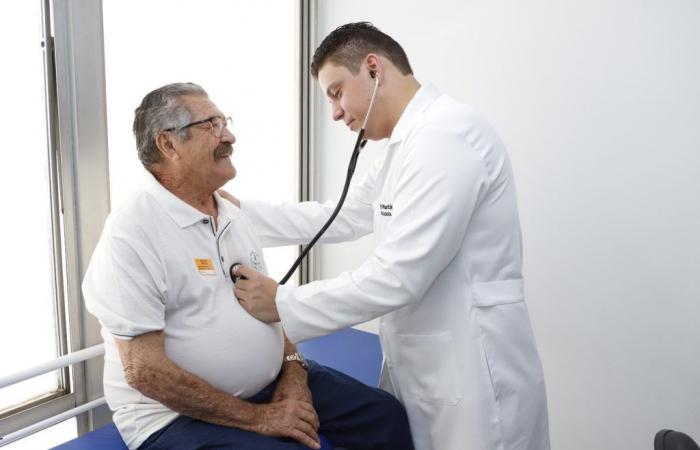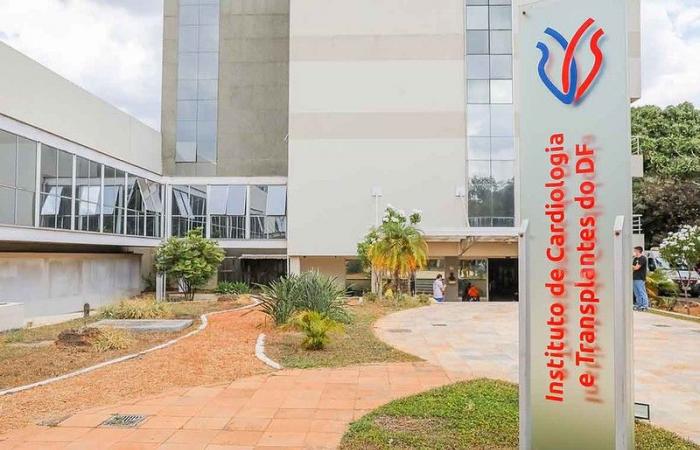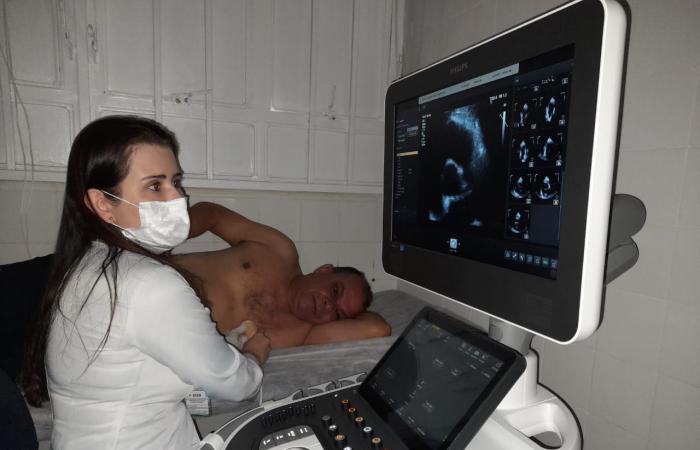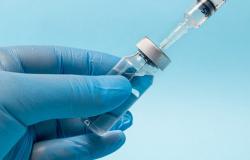Sharp pain in the chest that radiates to the left arm or shoulder, cold sweat, shortness of breath, paleness and feeling faint. These are some of the warning signs of a heart attack, the biggest cause of death in the country. According to the Ministry of Health (MS), it is estimated that, in Brazil, there are 300,000 to 400,000 cases of heart attack annually. For every five to seven cases, one results in death. To reduce the risk of death, urgent and emergency care in the first few minutes is essential.
“The most effective treatment is the quickest, as obstruction of cardiac arteries can lead to ischemia [sofrimento do músculo cardíaco]. If not treated promptly, it can cause the death of heart cells, leading to complications, such as post-infarction heart failure or sudden death”, warns cardiologist at the Department of Health (SES-DF) Edna Maria Marques de Oliveira.
The main risk factors are smoking, physical inactivity, poor diet, high cholesterol and excessive stress | Photo: Jhonatan Cantarelle/ Agência Saúde-DF
Acute myocardial infarction or heart attack is the death of heart muscle cells due to obstruction of an artery that interrupts blood flow quickly and intensely. It can occur in different parts of the heart, depending on the area that is blocked. In rare cases, a heart attack can occur due to contraction of the artery, interrupting blood flow or due to the release of a clot originating within the heart itself and lodged inside the vessels.
Warning signs
Identifying an acute myocardial infarction can be challenging because symptoms vary. Among the warning signs are pain or discomfort in the chest region, which can radiate to the back, face, left arm and, rarely, the right arm. This pain is usually intense and prolonged, accompanied by a feeling of heaviness or tightness in the chest, causing cold sweat, paleness, shortness of breath and a feeling of fainting. “However, there are patients who present other symptoms, such as pain in the stomach, jaw and vomiting”, explains the doctor.
Risk factors and prevention
Changing your lifestyle is the main way to prevent heart attacks | Photo: Paulo H. Carvalho/ Agência Brasília
Risk factors, such as smoking, physical inactivity, family history, poor diet, high cholesterol and excessive stress, influence heart attack statistics. Furthermore, these behaviors can cause hypertension, stroke, obesity, depression and diabetes. Diabetics and hypertensive people are, according to the Ministry of Health, two to four times more likely to suffer a heart attack.
Changing your lifestyle is the main way to prevent a heart attack. In addition to regular physical activity, adequate nutrition, non-consumption of alcohol and any type of smoking, Edna Maria Marques de Oliveira advises on the control of risk factors and regular follow-up with a cardiologist.
Service
When you notice symptoms, you should seek care at the nearest hospital emergency room or call the Mobile Care Service (Samu), on number 192. “You must remain calm and not let the patient perform physical effort or drive. Loosen the clothes and, if the person is unconscious, without a pulse or breathing, start cardiac massage until the health team arrives”, advises the nurse and instructor at the Emergency Education Center (Nuedu) at Samu, Reinaldo Siqueira.
The DF’s public health network offers specialized cardiology units, such as the Hospital de Base (HB), the regional hospitals of Ceilândia (HRC), Taguatinga (HRT) and Gama (HRG), in addition to all Emergency Care Units ( Upas).
Agile assistance
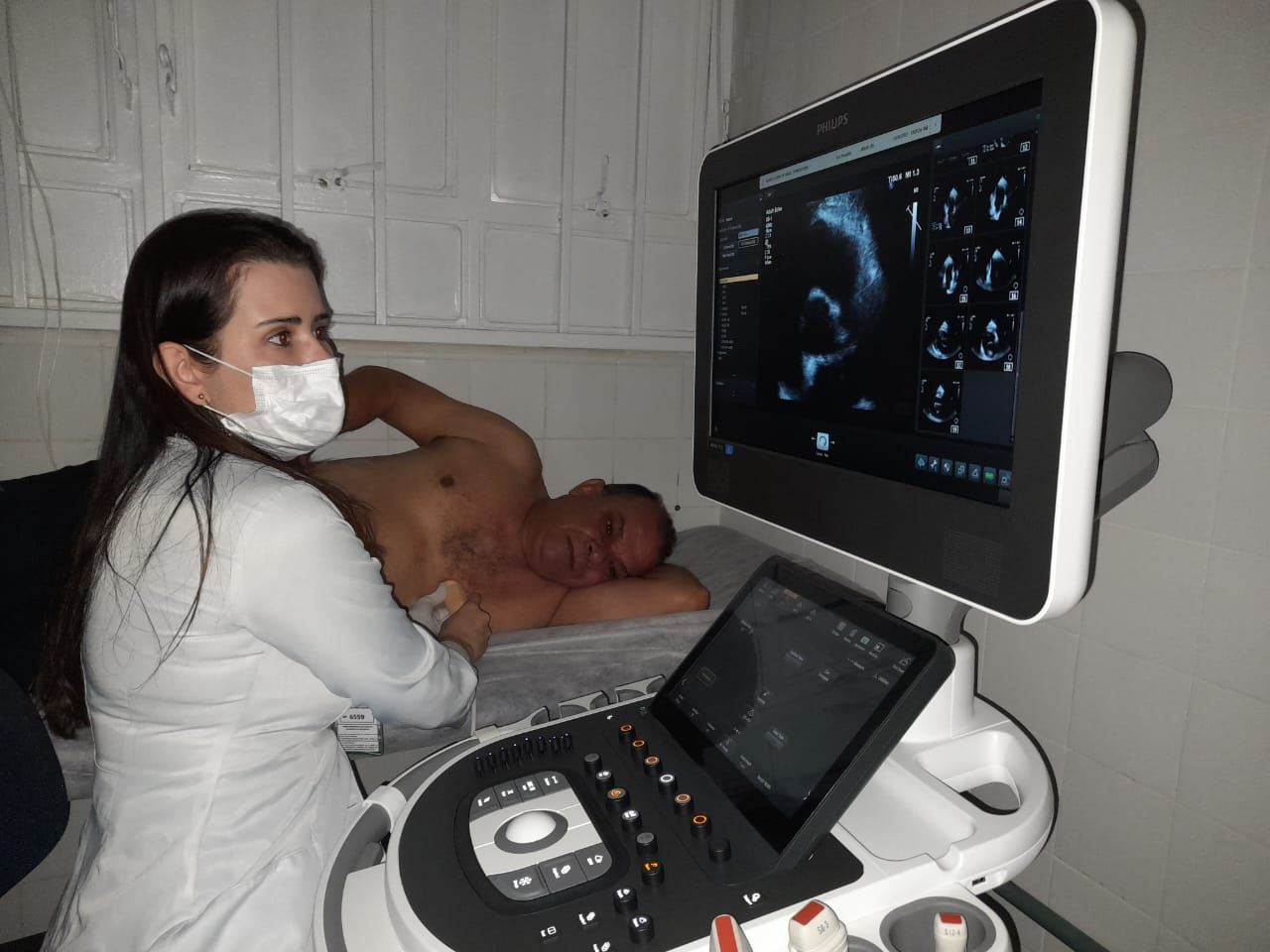
In Project Sprint, emergency teams receive direct support from specialists through an application that connects professionals to the cardiology teams at Hospital de Base and ICTDF | Photo: Disclosure/ Agência Saúde-DF
Launched in 2018, the Sprint Project emerged with the aim of providing efficient care and qualified treatment for cases of suspected or diagnosed cardiovascular diseases. The project forms an interconnected network in which emergency teams have the help of an application that connects them directly to the on-call cardiology teams at HB and the Instituto de Cardiologia e Transplantes do Distrito Federal (ICTDF).
All emergency entry points are capable of establishing the diagnosis and starting treatment at the first visit. We have a back-up team of cardiologists 24 hours a day, who provide support to those on duty at any UPA or public hospital in the DF”, explains Edna Maria, who is also the project coordinator.
The entire integrated Acute Myocardial Infarction Care network is connected through the Join application, enabling leading doctors (clinicians at UPAs and hospitals) to provide guidance through telemedicine. Specialists in the field help with the diagnosis, including helping to perform thrombolysis – a process by which a clot (thrombus) formed in the bloodstream is dissolved – even at the site of initial care. In addition, they indicate procedures and prepare to receive the patient if a transfer is indicated, carried out in a Samu ambulance.
According to the coordinator, the idea brought improvements in patient care. “There was a reduction in mortality due to acute myocardial infarction, in addition to a shorter hospitalization period with access to catheterization and other complementary tests”, she states. On average, 31 cases involving heart attacks are handled through the app per month.
*With information from the Department of Health
Tags: Myocardial infarction fatal treated urgently
--
